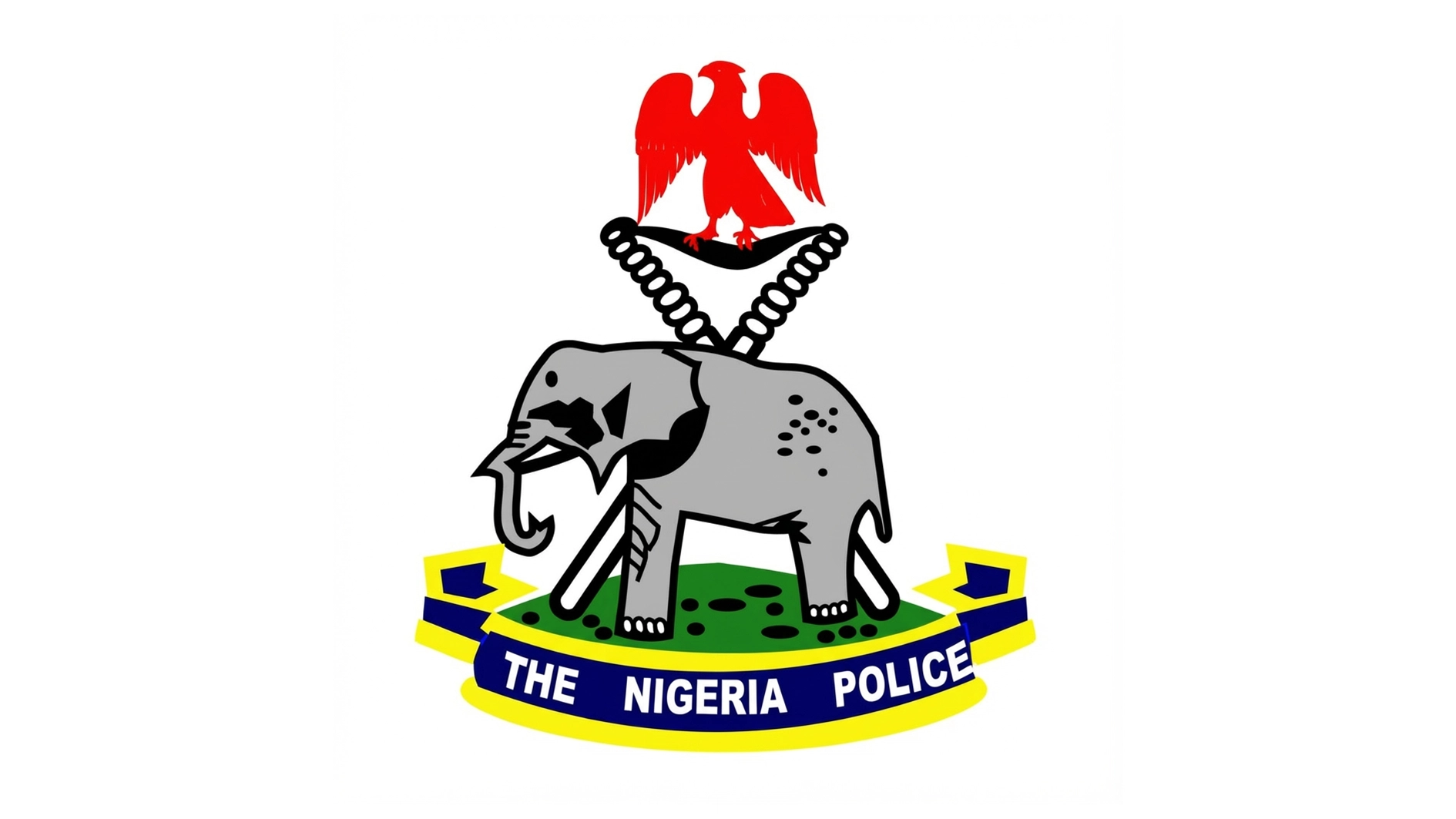Following calls for the resumption of crude oil extraction in Ogoniland, Rivers State, environmentalists and Civil Society Organizations have raised concerns about the region’s future.
They questioned the wisdom of resuming oil production in Ogoniland after 31 years, emphasising the need for a sustainable future beyond oil.
Speaking at the 2nd Civil Society Dialogue on HYPREP and Ogoni, themed “Ogoni Beyond Oil is Possible,” Celestine Akpobari, Executive Director of the People Advancement Centre, highlighted the challenges facing the Ogoni people and the region at large.
According to him, the region has struggled with environmental degradation, land deprivation, and reckless extraction processes that undermine ecological sustainability.
He said the Hydrocarbon Pollution Remediation Project (HYPREP), a project gazetted to implement the 2011 United Nations Environment Programme (UNEP) Report on Ogoniland, has made progress, with the Shell Petroleum Development Company of Nigeria Ltd (SPDC) committing $10 million to the Ogoni Restoration Fund. However, Akpobari stressed the need for civil society organisations to monitor HYPREP’s operations and ensure accountability.
They also called for an expanded scope of cleaning up the entire region due to the ongoing oil pollution that has degraded the environment.
In his remarks, Executive Director of the Health of Mother Earth Foundation (HOMEF), Dr. Nnimmo Bassey, said that HYPREP, as a blueprint for environmental cleanup, must extend its efforts beyond Ogoniland to the entire Niger Delta region.
Bassey, who was the keynote speaker at the event, noted that a recent expert committee report presented to the Bayelsa government highlighted the need for comprehensive cleanup and resource allocation, similar to the Ogoniland Cleanup, in Bayelsa State and the entire region.
Bassey warned that divestment without adequate cleanup resources is a scam, urging transparency and accountability.
He said, “In these times of divestment, those who want to divest must show that they have made available the resources needed to clean up the entire Niger Delta. Otherwise, the divestment is a scam.
“When an oil company gives someone money to buy something for them and says, ‘use all my staff, don’t change the staff or structure,’ it means it is just a facade presented to scam the Nigerian public, and the government is complicit. But the report had many recommendations.”
Meanwhile, HYPREP has called for partnership and collaboration with civil society organisations to ensure the successful cleanup of Ogoniland.
Representing HYPREP’s Project Coordinator, Professor Nenibarini Zabbey, the Team Lead of the communications unit, Kpobari Nafo, stressed the importance of working together to address the region’s environmental challenges.
“HYPREP recognizes the value of civil society organisations in promoting transparency and accountability,” Nafo said. “We urge you to point out areas where we can improve and help us find solutions as partners.”
He added that the cleanup project, which extends beyond the original recommendations of the UNEP report, requires additional funding. He encouraged civil society organisations to solicit funds on behalf of the project, assuring them of the judicious management of resources under Professor Zabbey’s leadership.






